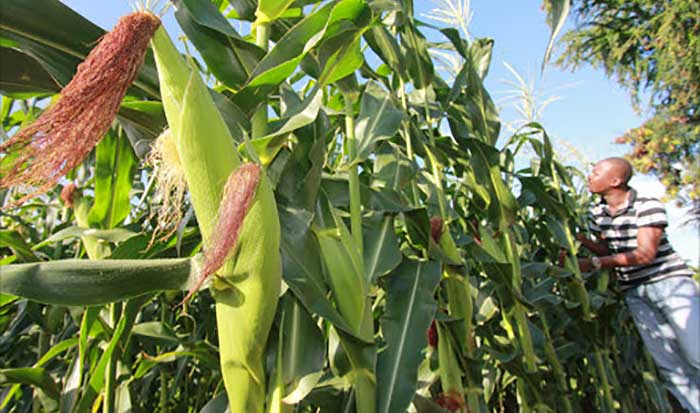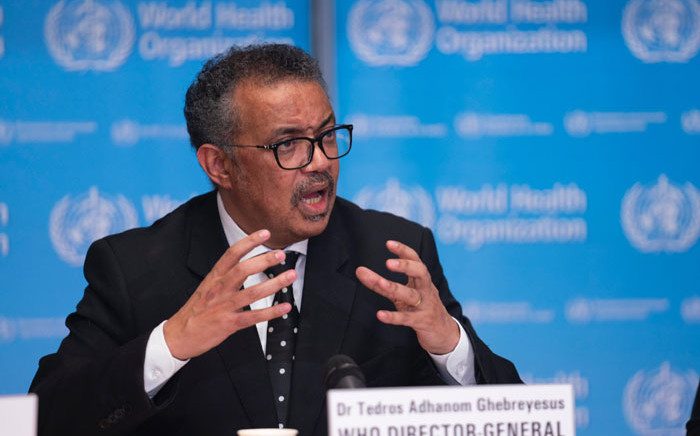Scientists at Harvard University have found evidence that a chemical derived from cannabis may be capable of extending the life expectancy of patients with pancreatic cancer.
Although, Pancreatic cancer is not very common in Uganda, the discovery holds promise that the long-suspected role of cannabis in treating cancers could be realised even in other more common cancers such as cancer of the cervix, cancer of the breast and cancer of the skin, which are very common in Uganda.
In fact, according to Wilfred Ngwa, PhD, an assistant professor at Harvard University and one of the study’s researcher, they were surprised by the fact that a drug derived from Cannabis helped to kill other cancer cells in other parts of the body other than the pancreas.
The finding about Cannabis’s role in treating pancreatic cancer is a revolutionary step, especially in the way researchers are using naturally-occurring chemicals to treat ailments.
In their study, published in the journal Frontiers of Oncology on July 23, the researchers revealed that a chemical found in cannabis has demonstrated “significant therapy potential” in treatment of pancreatic cancer. The specific drug, called FBL-03G, is a derivative of a cannabis “flavonoid” — the name for a naturally-occurring compound found in plants, vegetables and fruits which, among other purposes, provides their vibrant color. Flavonoids from cannabis were discovered by a London researcher named Marilyn Barrett in 1986, and were later found to have anti-inflammatory benefits.
But while scientists long suspected that cannabis flavonoids may have therapeutic potential, the fact that they make up just 0.14 percent of the plant meant that researchers would need entire fields of it to be grown in order to extract large enough quantities. That changed recently when scientists found a way to genetically engineer cannabis flavonoids – and enable plants to produce more of the compound.
Researchers at Dana-Farber, decided to take the therapeutic potential of one of these flavonoids, FBL-03G, and test it on one of the deadliest cancers through a lab experiment. The results, according to Dr. Ngwa, were “major.”
“The most significant conclusion is that tumor-targeted delivery of flavonoids, derived from cannabis, enabled both local and metastatic tumor cell kill, significantly increasing survival from pancreatic cancer,” Ngwa told Yahoo Lifestyle. “This has major significance, given that pancreatic cancer is particularly refractory to current therapies.”
Ngwa says that the study is the first to demonstrate the potential new treatment for pancreatic cancer. But on top of successfully killing those cells, the scientist found FBL-03G capable of attacking other cancer cells — which was startling even to them. “We were quite surprised that the drug could inhibit the growth of cancer cells in other parts of the body, representing metastasis, that were not targeted by the treatment,” says Ngwa. “This suggests that the immune system is involved as well, and we are currently investigating this mechanism.”
The significance of that, says Ngwa, is that, because pancreatic cancer is often diagnosed in later stages, once it has spread, and the flavonoids seem to be capable of killing other cancer cells, it may mean the life expectancy of those with the condition could increase.
“If successfully translated clinically, this will have major impact in treatment of pancreatic cancer,” says Ngwa.
The next step for the Harvard researchers is to complete ongoing pre-clinical studies, which Ngwa hopes will be completed by the end of 2020. That could set the stage for testing the new treatment in humans, opening up a new window of hope for bringing under control one of the deadliest diseases in Uganda and the whole world.
Cancer has become one of the leading causes of death in Uganda. Different types of cancers claimed at least 22,000 Ugandans out of the more than 32,000 that were diagnosed with the disease in 2017, according to Uganda Cancer Institute.
Genetic Engineering is becoming a vital tool in the development of biopharming – or the development of drugs derived from naturally-occurring compounds with therapeutic properties.
While the research on Cannabis use holds great promise for combating one of the most repugnant diseases in human history, absence of enabling laws that can allow Ugandan farmers to take advantage of the new research, means that the benefits of this study both in the business as well as the health sector are limited.









